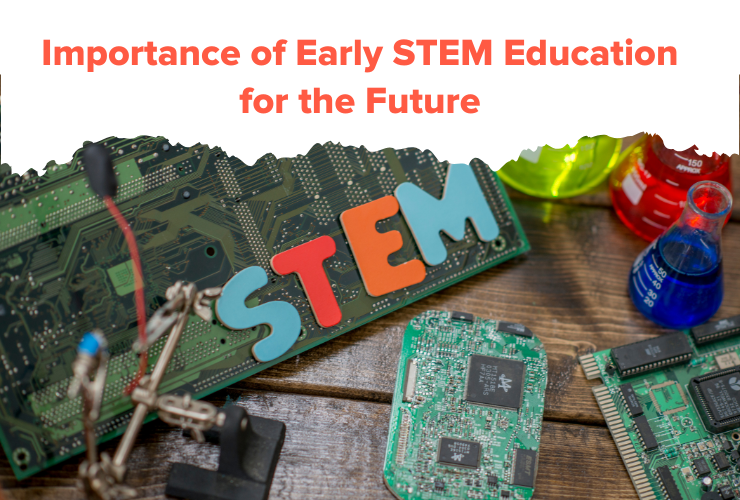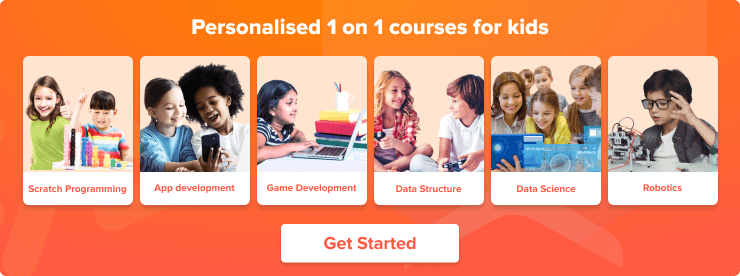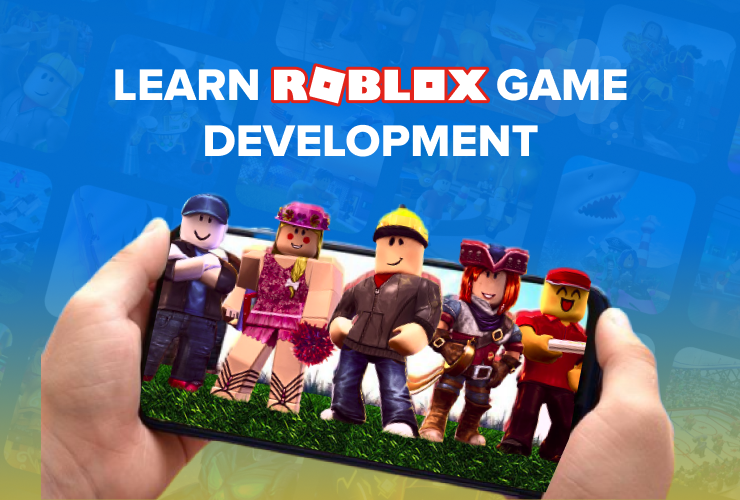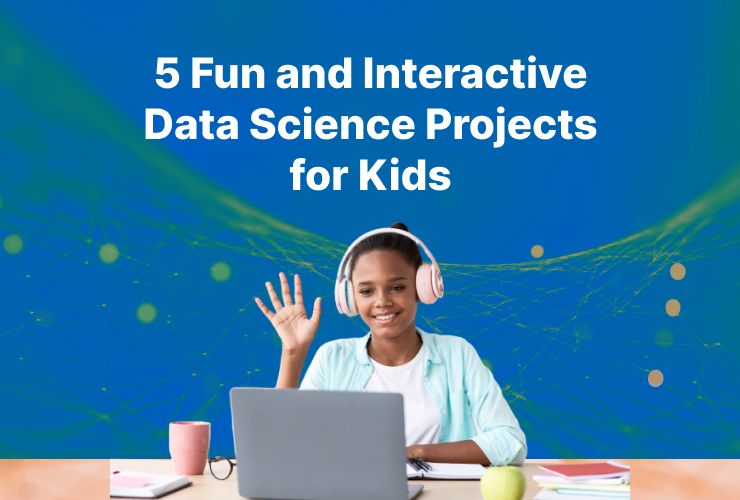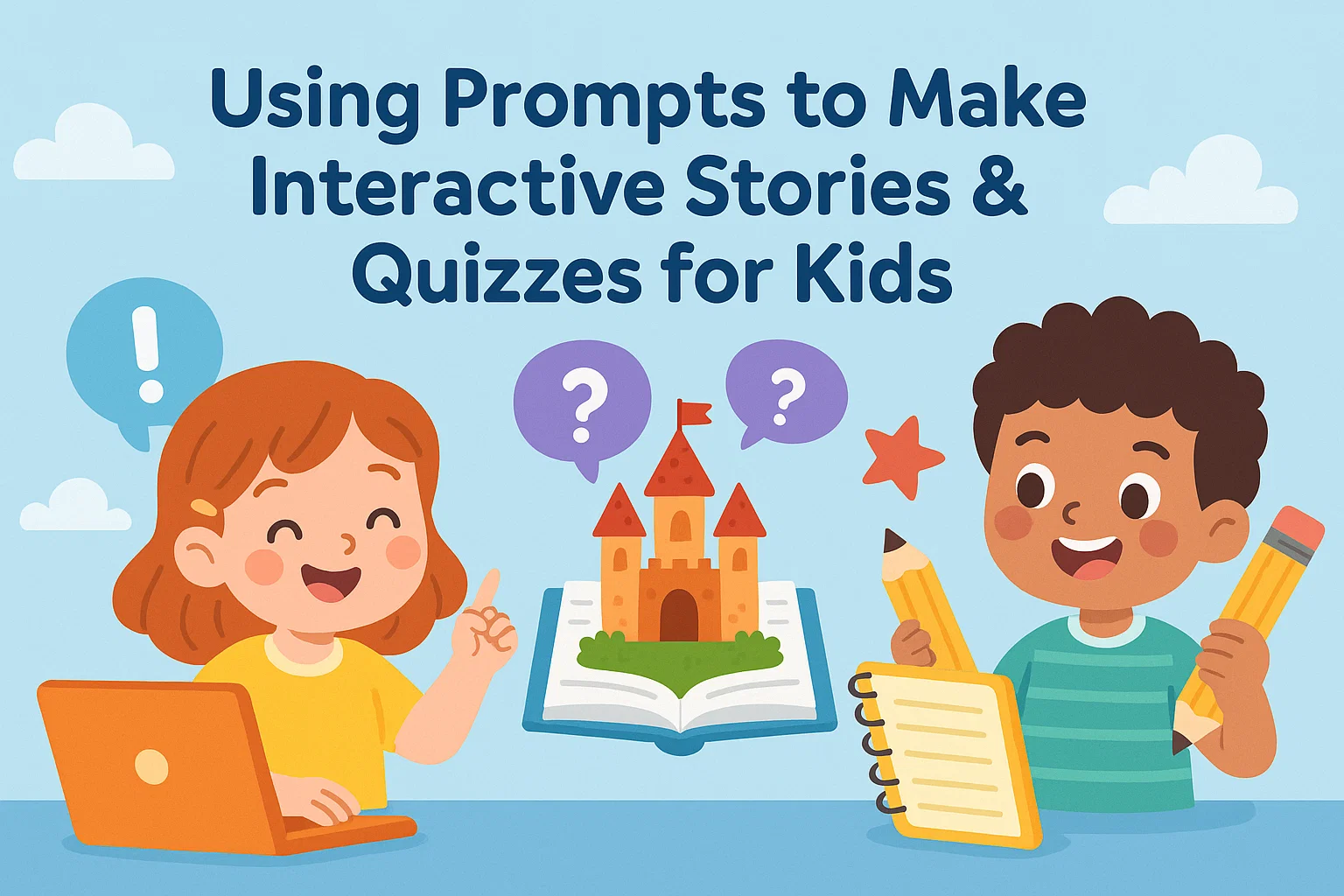Introduction
In today’s fast-changing world, technology and innovation shape almost every aspect of life. From smartphones and robotics to clean energy and medical advancements, the future belongs to those who understand STEM—Science, Technology, Engineering, and Mathematics. Introducing STEM education at an early age is no longer optional; it is essential.
When children are exposed to STEM concepts from a young age, they develop problem-solving skills, critical thinking, and creativity that prepare them for tomorrow’s opportunities. Let’s explore why early STEM education is important for the future and how it can shape lifelong success for kids.
1. What is STEM Education?
STEM education is a multidisciplinary approach that integrates:
- Science – Understanding the natural world.
- Technology – Using tools, devices, and digital resources.
- Engineering – Designing solutions to real-world problems.
- Mathematics – Applying logic, numbers, and patterns.
Unlike traditional rote learning, STEM focuses on hands-on, inquiry-based learning, where children ask questions, experiment, and build projects.
2. Why Start STEM Education Early?
Children are naturally curious. Early exposure to STEM builds on this curiosity and helps them see learning as fun and exciting.
- Brain development: Kids absorb new concepts faster in early years.
- Confidence building: Solving small challenges boosts self-esteem.
- Future readiness: Careers in AI, robotics, space science, and data rely heavily on STEM.
- Skill foundation: Early learning ensures stronger problem-solving, logical thinking, and creativity.
3. Benefits of Early STEM Education
Enhances Problem-Solving Skills
STEM activities encourage children to think critically and find solutions. Whether it’s building a Lego bridge or coding a simple game, kids learn to break problems into steps.
Encourages Creativity
STEM isn’t just about numbers—it’s about imagination. Designing robots, creating apps, or experimenting with science projects sparks innovation.
Develops Resilience
STEM teaches that failure is part of success. Kids test, fail, and improve, learning perseverance in the process.
Builds Collaboration Skills
Many STEM projects are group-based. Kids learn teamwork, communication, and leadership, all vital 21st-century skills.
Prepares for Future Careers
Jobs in AI, data science, renewable energy, and biotechnology are growing. Early STEM education ensures children won’t just adapt to the future—they’ll shape it.
4. Real-World Relevance of STEM
Children often ask, “Why do I need to learn this?” STEM provides real answers:
- Math in daily life: From budgeting pocket money to measuring ingredients.
- Science in nature: Understanding plants, weather, and health.
- Technology in play: Video games, apps, and gadgets kids already use.
- Engineering in action: Building blocks, puzzles, or DIY projects.
When kids connect learning to real life, they see its value and stay motivated.
5. Fun Early STEM Activities for Kids
Parents and teachers can introduce STEM through playful, age-appropriate activities:
- Building bridges with straws and tape – introduces engineering concepts.
- Simple coding games with Scratch – teaches logic and creativity.
- DIY volcano experiment – explains science reactions.
- Measuring plants’ growth – connects math and nature.
- Robotics kits for kids – combine technology and problem-solving.
These activities make learning exciting and spark curiosity about how the world works.
6. The Role of Parents and Schools in STEM
Both schools and families play a vital role in fostering early STEM education.
- Schools should integrate project-based STEM lessons into the curriculum.
- Parents can encourage curiosity at home with puzzles, STEM toys, and coding games.
- Mentorship and role models in STEM careers inspire kids to dream bigger.
Together, they can create an environment where STEM becomes a natural part of daily life.
7. STEM and the Future of Work
According to global reports, STEM jobs are projected to grow twice as fast as non-STEM jobs in the coming decade. Skills like coding, data analysis, robotics, and AI will dominate the workforce. Children who begin STEM early will have:
- A competitive edge in higher education and careers.
- The ability to adapt to new technologies.
- Confidence to innovate and create solutions for global challenges.
Early STEM education is not just about careers—it’s about empowering kids to thrive in a digital world.
8. How Coding Fits Into Early STEM Education
Coding is often called the “language of the future.” For kids, coding is more than learning commands—it’s about:
- Developing logical thinking.
- Understanding how technology works.
- Creating their own games, apps, and websites.
When children combine coding with STEM, they unlock endless opportunities to innovate.
9. Why the World Needs More Kids in STEM
Global challenges such as climate change, healthcare innovation, and sustainable energy will require STEM-powered solutions. The next generation of scientists, engineers, and innovators will come from today’s classrooms. By investing in early STEM education, we equip kids to lead the way in solving these problems.
Conclusion: Building the Future with STEM
The importance of early STEM education for the future cannot be overstated. By starting young, children gain confidence, creativity, problem-solving skills, and real-world understanding that prepare them for tomorrow’s challenges. Whether they become doctors, engineers, entrepreneurs, or artists, STEM ensures they have the tools to succeed in an innovation-driven world.
At Codingal, we believe every child deserves the opportunity to fall in love with STEM through fun, engaging, and hands-on learning. Our live online coding and STEM classes are designed to spark curiosity, build skills, and prepare kids for the future.
👉 Book a Free Trial Class with Codingal today and give your child a head start in shaping the world of tomorrow!
